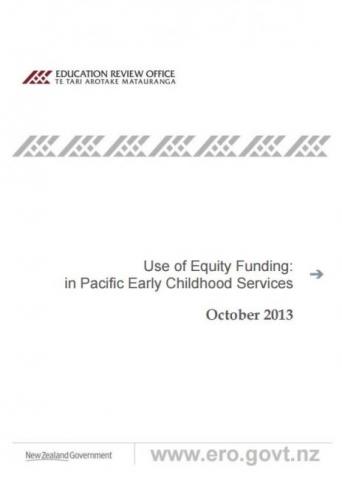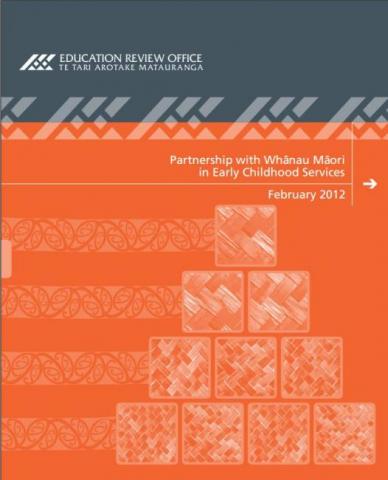Responding to Language Diversity in Auckland
Published: 29 Apr 2018
Auckland is New Zealand’s most culturally diverse city, with over 100 ethnicities and more than 150 languages spoken on a daily basis. How are schools and early learning services in Auckland responding to this increasing cultural and language diversity? This question was the basis for a new evaluation published by ERO Responding to Language Diversity in Auckland.
- Audience:
- Parents
- Schools
- Content type:
- Research
- Topics:
- Language
- Diversity
- Cultural diversity
- Ethnicity
- Immigrants



